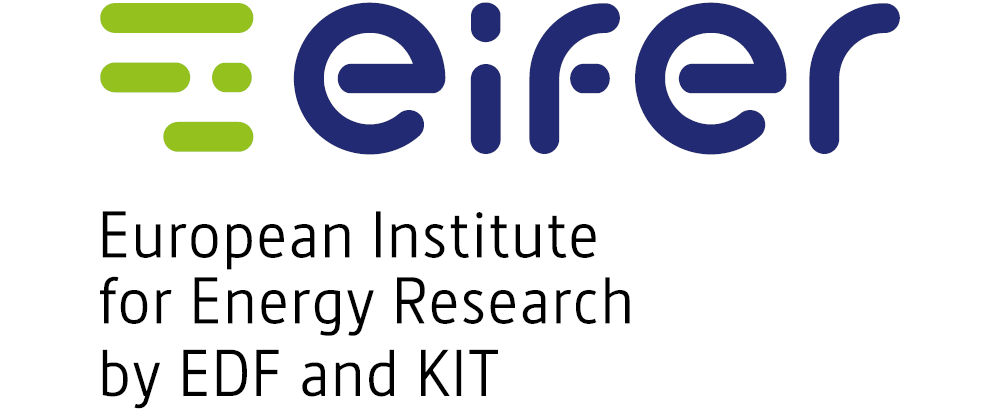ORIENTING
5 European companies successfully test a new methodology to assess the sustainability of their products and services along their life cycles
BASF, Leiblein, Solana, Stora Enso and Ternua Group have applied the ORIENTING Life Cycle Sustainability Assessment (LCSA) methodology obtaining valuable learnings, benefits and opportunities from its application.
ORIENTING is an European funded research project working to integrate a life cycle approach that includes the analysis of environmental, social and economic impacts.
The ORIENTING project has obtained the preliminary results from the Life Cycle Sustainability Assessment methodology testing. These results make a milestone in the project to create a methodology applicable in business practice and all levels of expertise that can be used by companies (large and SMEs), public authorities, academia and consultants.
The ORIENTING five case studies, including the companies and corresponding research partners such as BASF (Germany), Leiblein with Fraunhofer IBP (Germany), Solana with Ecoinnovazione (Italy), Stora Enso with VTT (Finland) and Ternua Group with TECNALIA (Spain), have tested the methodology in their own products or processes: BASF in indoor paint product and variants; Leiblein in concrete recycling service; Solana Italy in preserved tomato products and their packaging; Stora Enso in one carton package for liquid food products; and Ternua Group in assessing an outdoor “Artile” jacket.
ORIENTING case studies have had the chance to highlight the main learnings and benefits obtained from the application of an assessment that integrates the three sustainability domains (social, environmental and economic) with material criticality and product circularity aspects.
Edu Uribesalgo, from TERNUA Group, focuses on what they have learned: “We need to understand the impacts of our decisions in every step of the product production, since the beginning of the material selection in the design phase, where we are producing it and how are producing it. We have to consider all of this in the life cycle of the product”.
Marjukka Kujanpaa, from Stora Enso, admits that they have identified several opportunities from the application of the methodology like “learning about the possibilities to assess impacts in different sustainability domains and for the first time having them all included in the same assessment approach. A holistic approach helps us to engage with customers and other stakeholders in a new way – after all a holistic view on sustainability is more and more relevant for the whole value chain”.
For Carla Scagnetti, from Fraunhofer, the testing of the methodology “provides the partners with a positive learning as it has been proved that is applicable to any kind of companies despite the differences in size and expertise”. Also, one of the strengths of ORIENTING is that it includes different levels of application so that it can be adapted to all kind of organizations. Furthermore, the ORIENTING partners are not only developing the LCSA methodology, but also tools to facilitate its operationalization such as data ontology and specifications for a future LCSA data format, software requirements for the LCSA integration tool and training materials for both the implementation of the methodology and the use of the LCSA integration tool.
The future of the methodology
During this third year of the project, all the partners will continue working together to finalise the methodology and disseminate the experiences and benefits obtained to the public. The interest that has arisen from the stakeholders and many participants in the conferences where the project has been presented is a very positive drive for the project and this two-way communication will continue during this year.
The ORIENTING LCSA methodology is meant to be an open-source methodology, so that anyone can use it and provide services and products based on it. This aspect is very important for the project because it helps reaching wider targets, either in an enabler role, like consultancy companies, data and software developers, or in a user role.
This wider vision is also shared with the case studies.
Peter Saling, from BASF, declares that “ORIENTING provides a harmonized LCSA methodology and a way to implement it. That is an important step also for industry in Europe to apply LCSA”.
About ORIENTING project
ORIENTING is a research project working to develop an operational methodology for product Life Cycle Sustainability Assessment (LCSA). Its main purpose is to integrate a life cycle approach that includes the analysis of environmental, social and economic impacts.
The methodology of this project will be demonstrated in 5 case studies to ensure its applicability in business practice. It will be applied to different products and will be validated by a broad community of stakeholders.
ORIENTING participants cover the entire value chain of life cycle evaluations and provide a critical mass of expertise and excellence in key areas.
The partners are Aclima, Anthesis Lavola, BASF, Ecoinnovazione, Ecoinvent, Ecopreneur, Eifer, Fraunhofer, Leiblein, PRé, Solana, Stora Enso, Tecnalia, Ternua Group, Universiteit Gent, University for the Creative Arts and VTT Teknologian Tutkimuskeskus.
ORIENTING is funded under the European Union’s Horizon 2020 Framework Programme, one of the biggest EU Research and Innovation programmes ever. The project started on the 1st of November 2020 and will run for 36 months with an overall budget of 5,997,339 euros.
Contact: news@eifer.org

This project has received funding from the European Union’s Horizon 2020 Research and Innovation programme under grant agreement No 948231.
Website: orienting.eu
Twitter: @OrientingEU
LinkedIn: linkedin.com/company/orientingEU
EIFER project site: ORIENTING – eifer (kit.edu)
